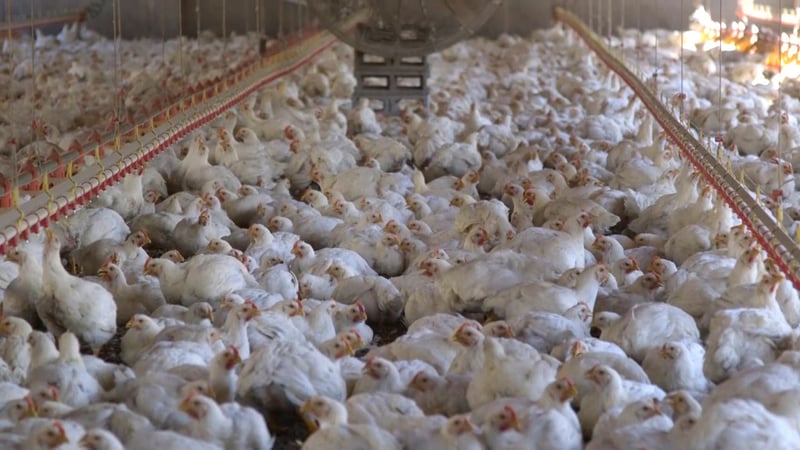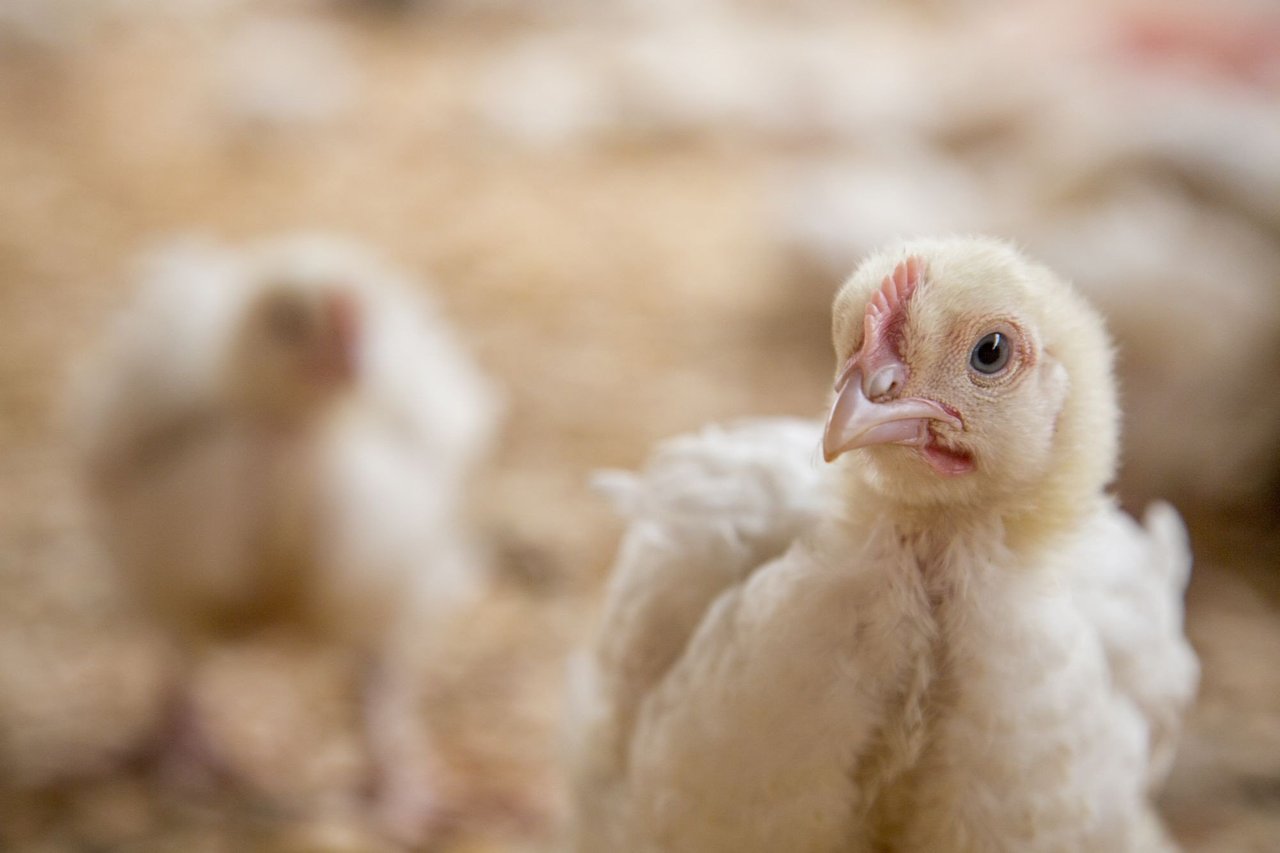
Countdown’s chicken welfare double standards
News
Chickens sold at Countdown are farmed in crowded conditions, with less room to move than those sold by their parent company, Woolworths, in Australia. That’s why we’re calling on Countdown to at least match the chicken standards used by their Australian owners.
To have a life worth living, chickens need room to move and flap their wings. In New Zealand, the legal standard for chicken welfare barely gives them that.
In Australia, Woolworths recognised that the Australian laws for chicken welfare aren't good enough and signed up to a voluntary higher-welfare scheme run by their RSPCA for their home brand chicken. This gives THEIR chickens more room to move and better conditions.
But, in New Zealand, Countdown simply relies on the minimum legislated standards, which are not only bad, but worse than the standards the company uses over the ditch.
Countdown and Woolworths have one standard for us and a better standard for the Aussies.
Credit: World Animal Protection/Georgina Goodwin
New Zealand chickens deserve better lives
The amount of space each chicken has to move and display normal chicken behaviour, like flapping their wings, is important for their welfare. The more chickens per square metre in a barn or shed, the less room they have to move, and the worse their life.
If the Aussies and others can give chickens more room to move, why can’t we?
Ultimately, all companies who produce and sell chicken in New Zealand should sign up to the Better Chicken Commitment. Around the world, well known brands like KFC in Europe and Nandos in the UK have already signed the Better Chicken Commitment giving chickens better lives through more room to move and by using slower growing bird breeds.
The use of fast-growing breeds – standard in Australia and New Zealand – is another key animal welfare problem.
So while we want Countdown to start with a commitment to at least match Australian standards, this is not the end of the journey.
Together, we can give chickens lives worth living.
To have a life worth living, chickens need room to move and flap their wings. In New Zealand, the legal standard for chicken welfare barely gives them that.
